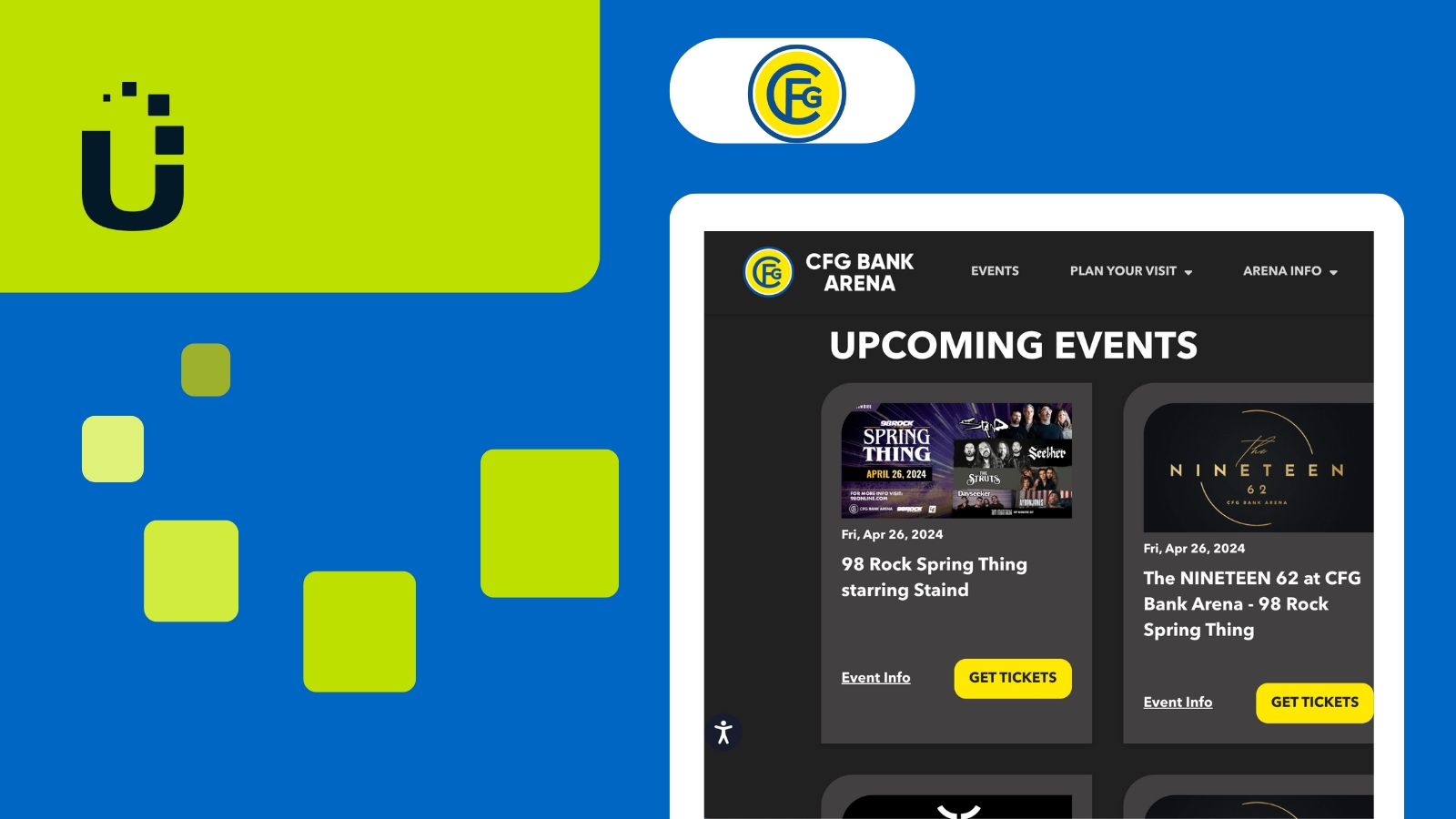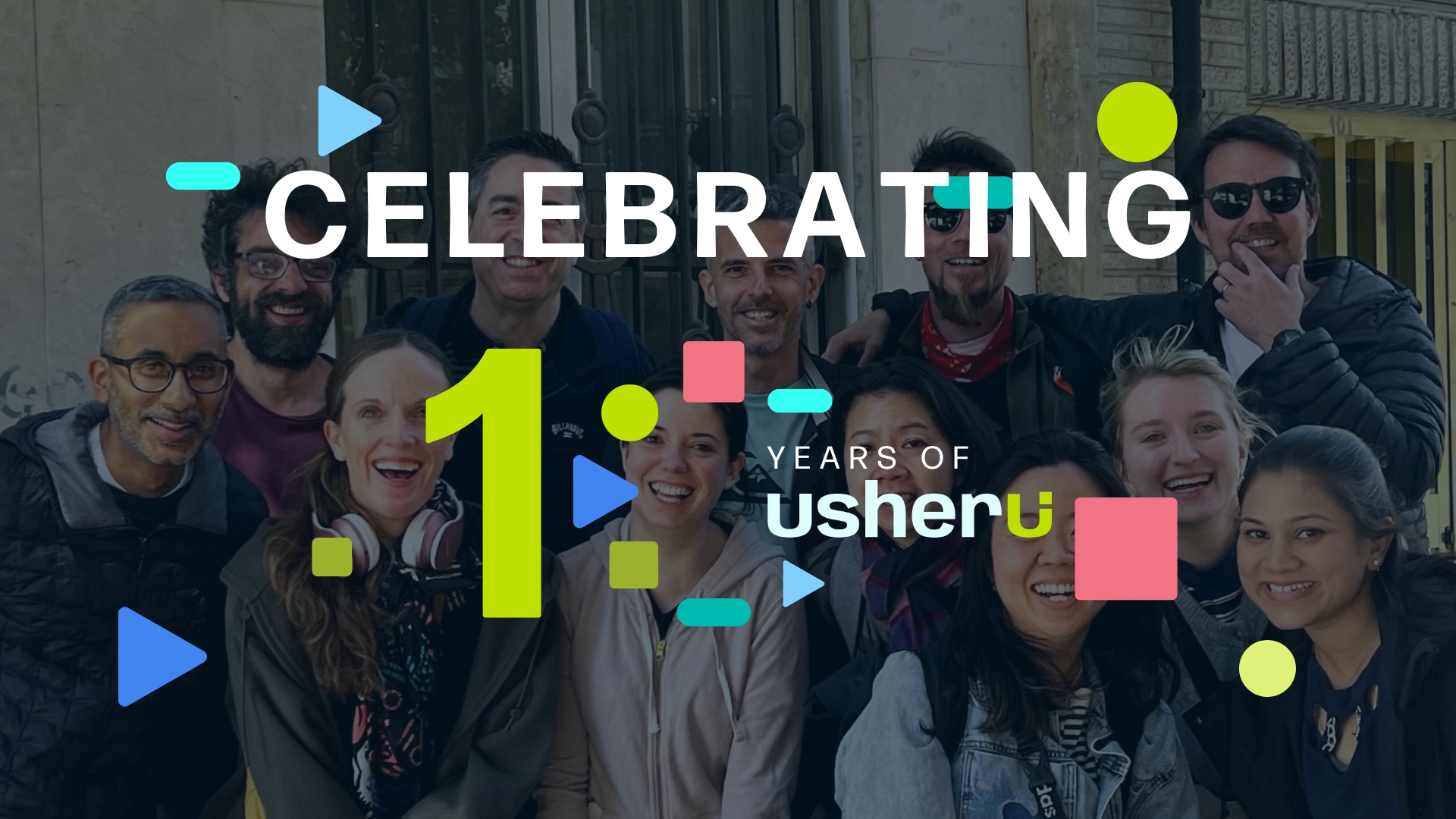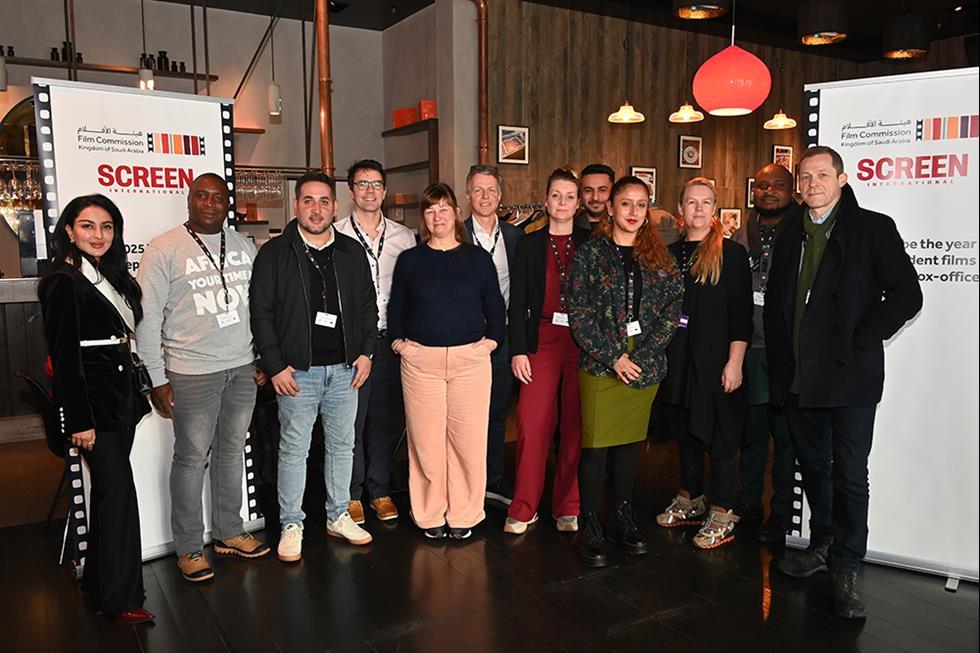Having a robust and visually appealing website is a necessity – not an option – for businesses across all industries. Especially for event venues like stadiums and arenas, where competition is fierce and first impressions can make or break success.
1. First Impressions Matter
According to a Behaviour & Information Technology study, users form an opinion about a website in a mere 50 milliseconds.
For stadiums and arenas promoting upcoming events, it’s crucial to capture the attention of visitors within this brief window. A visually stunning website can immediately captivate audiences, enticing them to explore further.
It can be as simple as adding the newest box-office hits to the homepage.
2. Credibility and Trust are Crucial
Establishing credibility and trustworthiness is crucial. The design and funtion of a website plays a pivotal role in shaping perceptions of legitimacy.
Stanford Web Credibility Project Research indicates that 46% of users judge a company’s credibility based on the design of its website.
For stadiums and arenas aiming to attract attendees, a professionally-made website instils confidence in potential customers.

3. Fan Journeys Start Online
Beyond aesthetics, the user experience (UX) and usability of a website significantly impact visitor engagement.
Your website can offer fans and attendees an intuitive navigation journey, welcoming them to the experience of your arena right from this initial touchpoint.
For stadiums and arenas providing event information and ticket purchases, prioritising user experience and working with a platform designed for their needs is paramount for obtaining visitors and building sustainability.
And importantly for Food and Beverage your website can increase sales when researching, reserving and purchasing online are seamless.
4. Conversions Happen online
Ultimately, the success of a web platform is measured by its ability to convert visitors into customers.
A case study by Forrester Research found that a well-designed user interface could raise a website’s conversion rate by up to 200%, and better UX design could yield conversion rates up to 400%.
For arenas aiming to sell event tickets and merchandise, working with a platform that optimises the design and functionality of their websites can yield substantial returns.
5. Conversions Happen On Mobile
In an era dominated by smartphones and tablets, mobile optimization is fundamental. With over half of global web traffic originating from mobile devices, neglecting mobile-friendly design can be detrimental.
For stadiums and arenas targeting on-the-go audiences, ensuring smooth mobile experiences is imperative for retaining and engaging visitors.
Also, all images should load quickly and big enough to fit the screens and be visible throughout mobile, especially the images of your premium suites.
6. Your Website Grows Your Visibility
Lastly, a well-designed website not only enhances user experience but also boosts search engine visibility. Factors such as mobile responsiveness, loading speed, and content organisation influence search engine rankings.
By optimising for SEO, stadiums and arenas can enhance their online visibility, attracting more organic traffic and expanding their reach.
For instance, when adding the information for getting to the venue, make sure to be specific and to link it with a mapping platform of your choice, like Google Maps, so people can access the website from Google Maps.
Why Do You Need a Website?
The significance of a website cannot be overstated for event venue businesses. From making favourable first impressions to fostering credibility, enhancing user experience, and maximising conversions, a well-crafted website is the cornerstone of digital success.
Stadia and arenas can effectively engage audiences, drive sales, and solidify their online presence by prioritising design, functionality, and mobile optimization of a new website.





